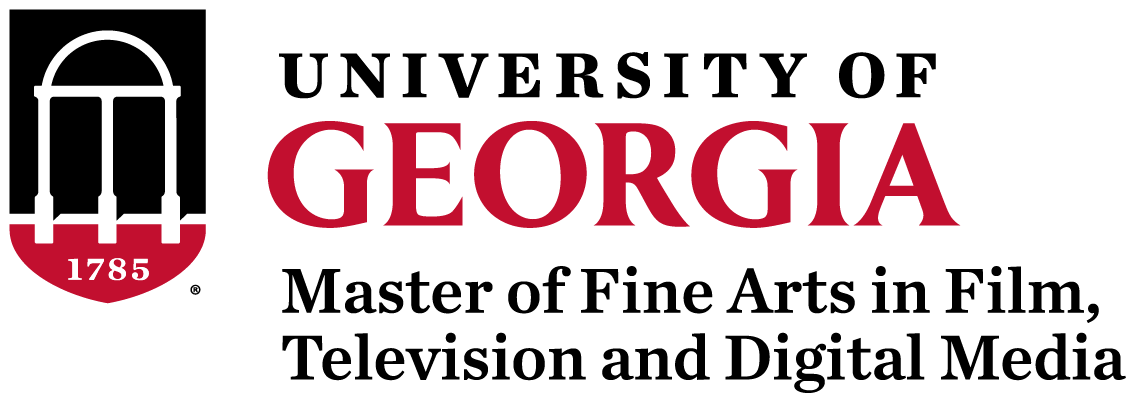
David Koepp visited the MFA Film program virtually on Wednesday, September 17th, to speak with the students.
Hosted by Professor Neil Landau, the guest speaking session began with discussing where Koepp started his career. Koepp graduated from UCLA Film School where he’d first met Landau in 1983; Koepp recounted his internship working for an indie producer doing script coverage on various low-budget feature films.
Apartment Zero (1988) was his first feature work. He co-wrote a spec script with director Martin Donovan. The pair’s next screenplay was the dark comedy Death Becomes Her (1992, starring Meryl Streep and Goldie Hawn, directed by Robert Zemekis). Steven Spielberg was impressed by Koepp’s work and hired him to rewrite Jurassic Park (1993) while Koepp was under an overall deal at Universal Pictures.
Koepp noted that, as a screenwriter, he would structure the story in a cinematic form. He compared the process to carpentry, in which he is constructing the story with bits and pieces while making it stand. He also commented that a good director would be open to collaborate with the writers to better the project and bring their visions to life. He emphasized being ready to present your work when the opportunity rolls around.
Koepp shared advice on directing from one of his frequent collaborators, Brian De Palma: “Don’t avoid taking a piece of advice out of fear of looking weak.” He reflected that working on The Trigger Effect (1996), his first directorial feature, he particularly focused on writing for a visual medium. He discussed how important having an ample amount of coverage even in a normal dialogue scenes can be.
He advised on finding balance between writing for yourself and writing for the audience. He always writes the movie he’d like to see as a cinephile. Two of the most prevalent themes in Koepp’s work have been paranoia and ghost stories. Landau asked him to extrapolate on his attraction to ghost stories (including mostly recently Presence, directed by Steven Soderbergh), Koepp expressed that “Ghost stories are hopeful — that life doesn’t necessarily end after death. Maybe there’s something more.” He noted that it is important to keep enough of yourself in your screenplays.
On the current state of the industry, Koepp shared his insights on the general medium of cinema. Koepp mused that “Movies have been dying since 1925.” He discussed the impact of talkies, televisions, and other technological advances on the film industry. Nevertheless, there is always work, and Koepp encouraged students to continue writing stories they are passionate about.
The MFA students asked questions about finding representation as an upcoming writer, motivations and inspirations to write, finding your unique voice, and connecting with an audience while writing for big blockbuster franchises. Koepp discussed how to make people care by writing something that matters to you. He inspired the writer/director students that becoming a writer may be the best road to becoming a director, as the writer they can always write. He also shared how writing a film is different from directing it and best ways to collaborate with a director.
Koepp noted that the fellow cohort students are important network for the MFA students learning about different perspectives and ideas from each other.
As a final word, Koepp left students with perseverance is a key value to have as a writer.
